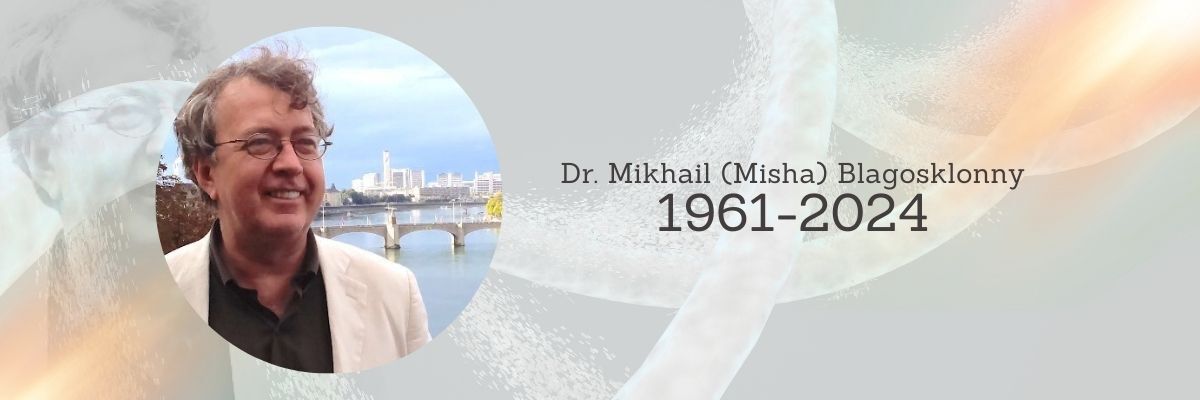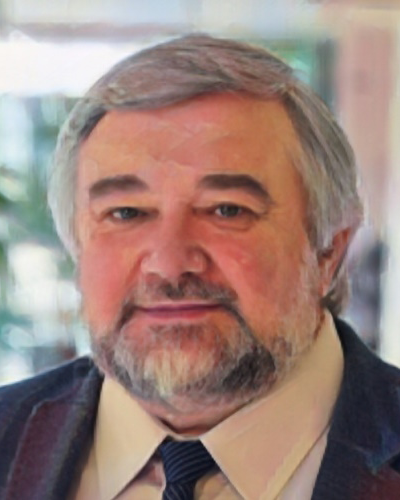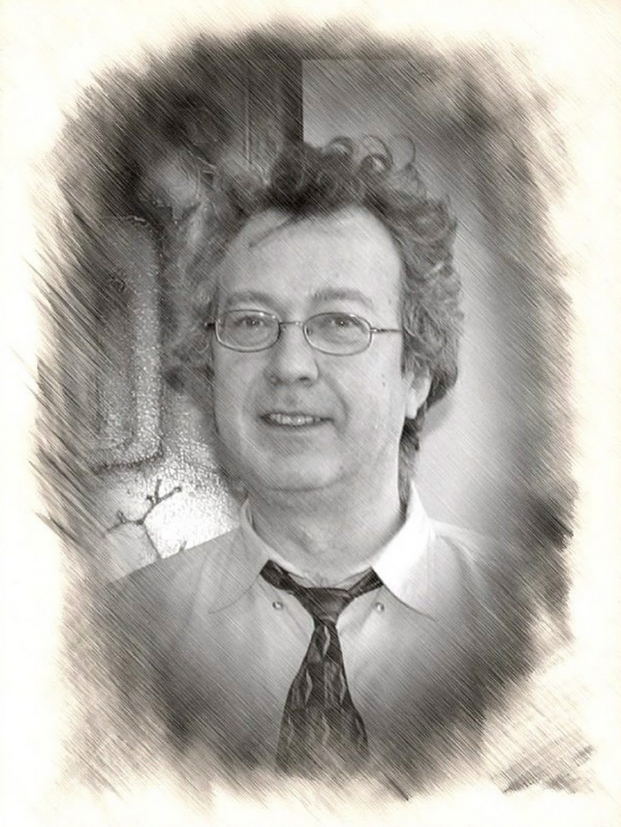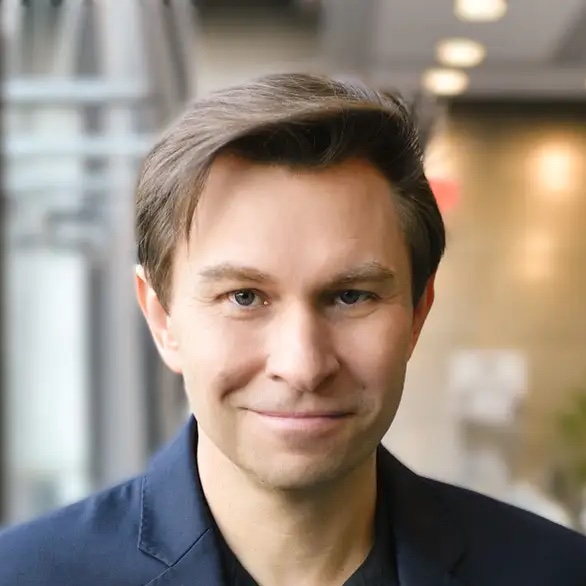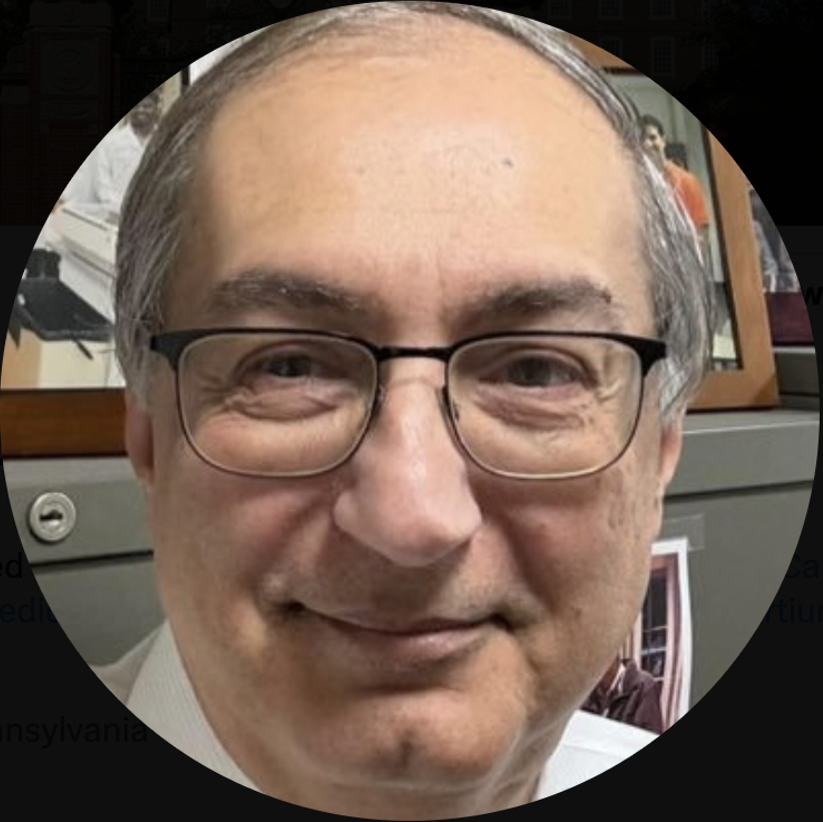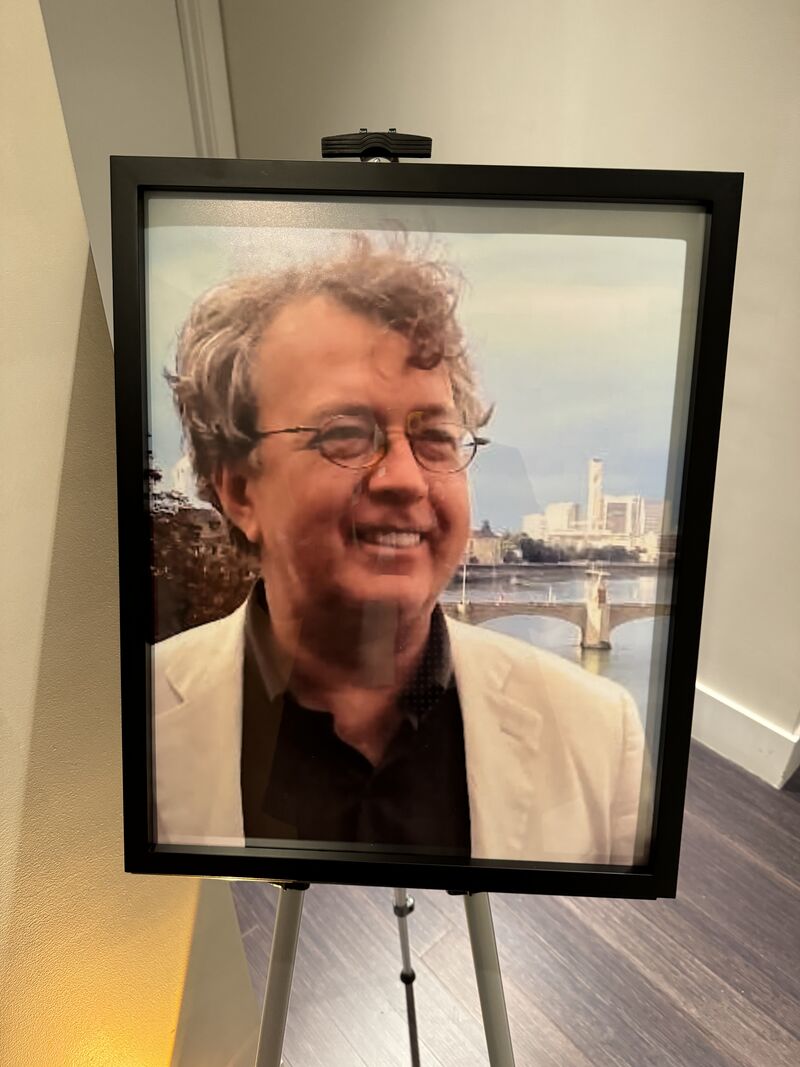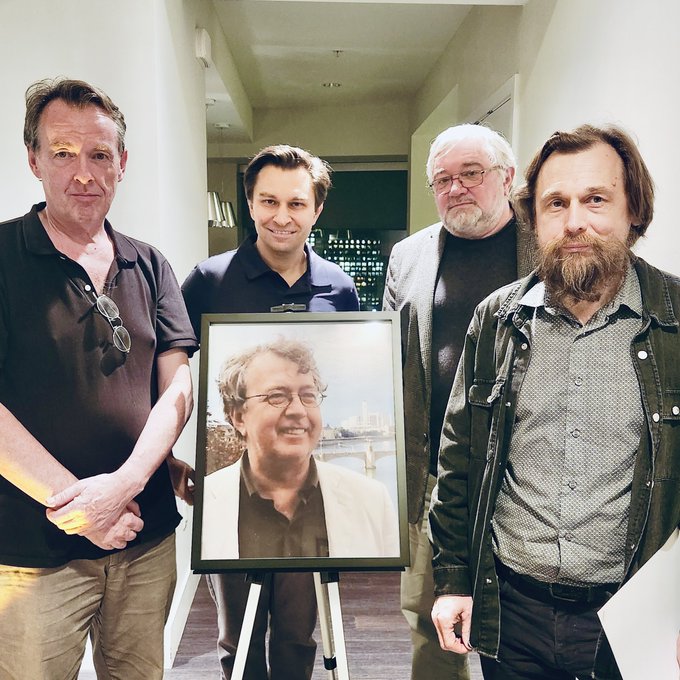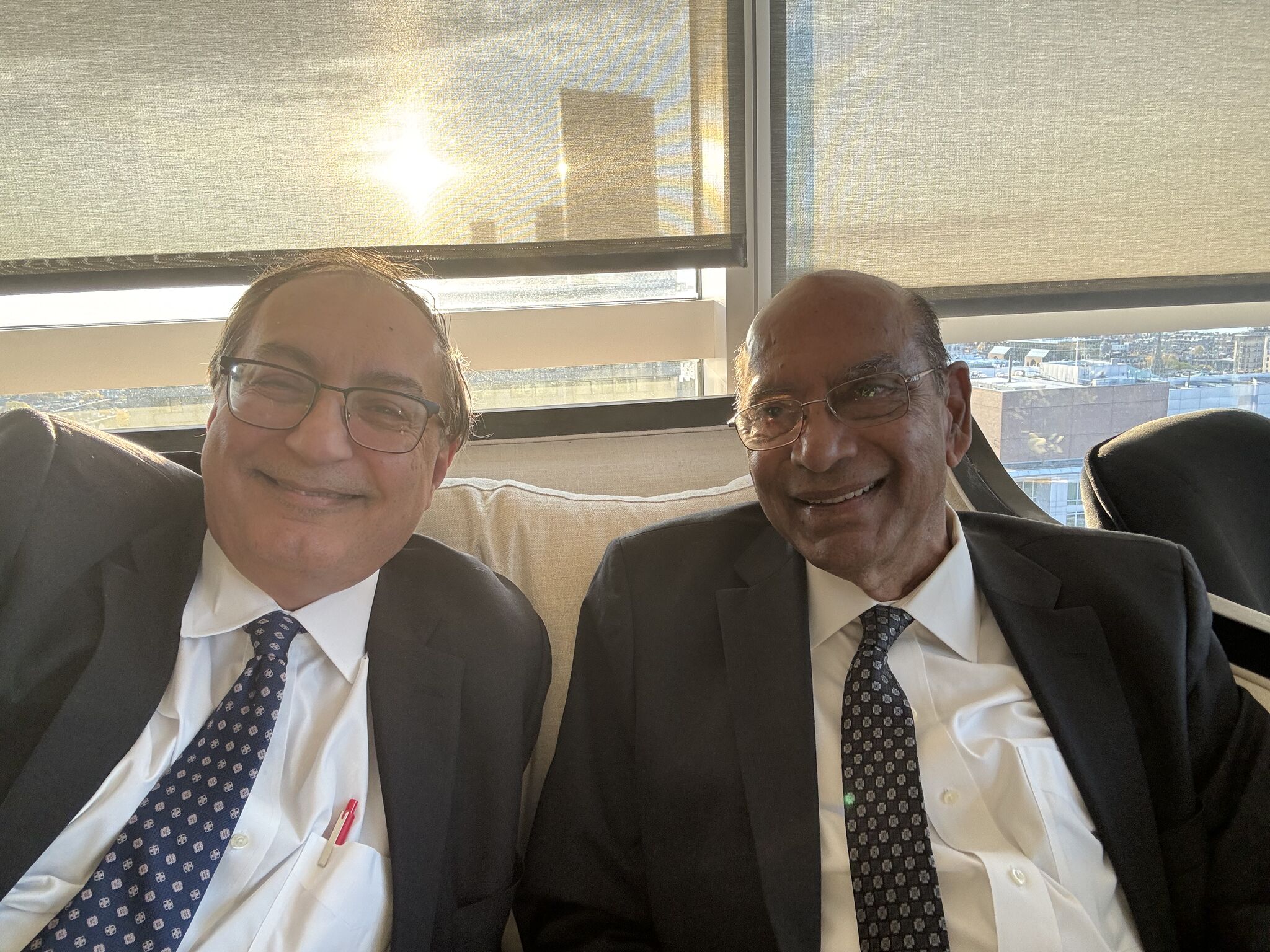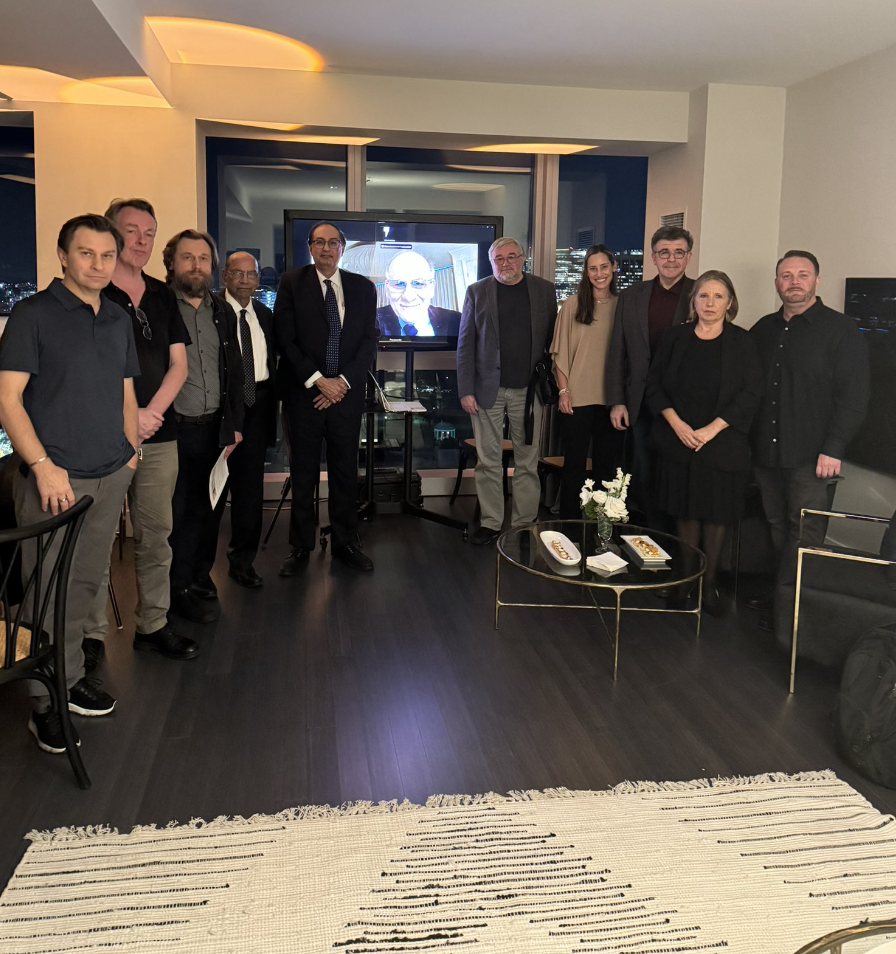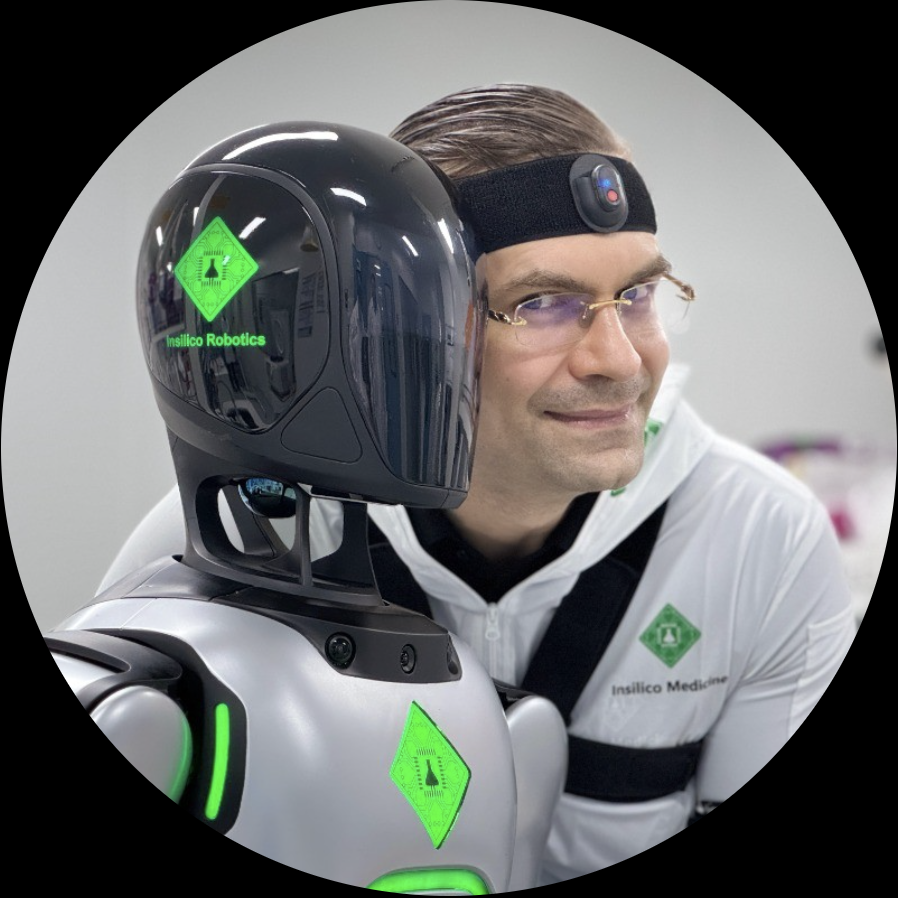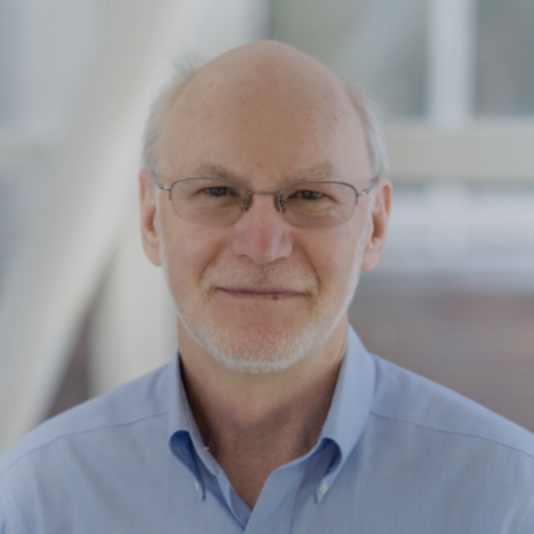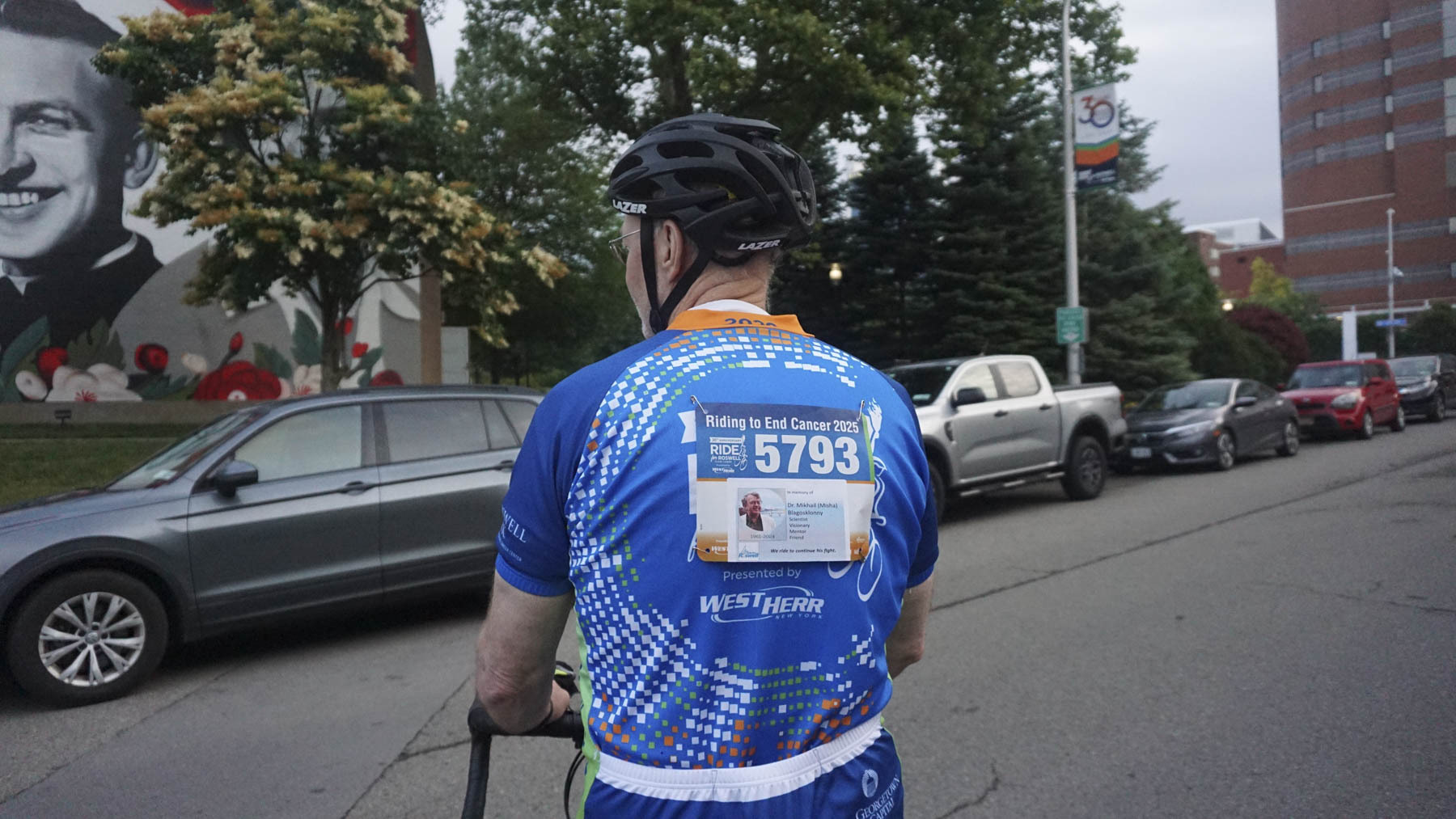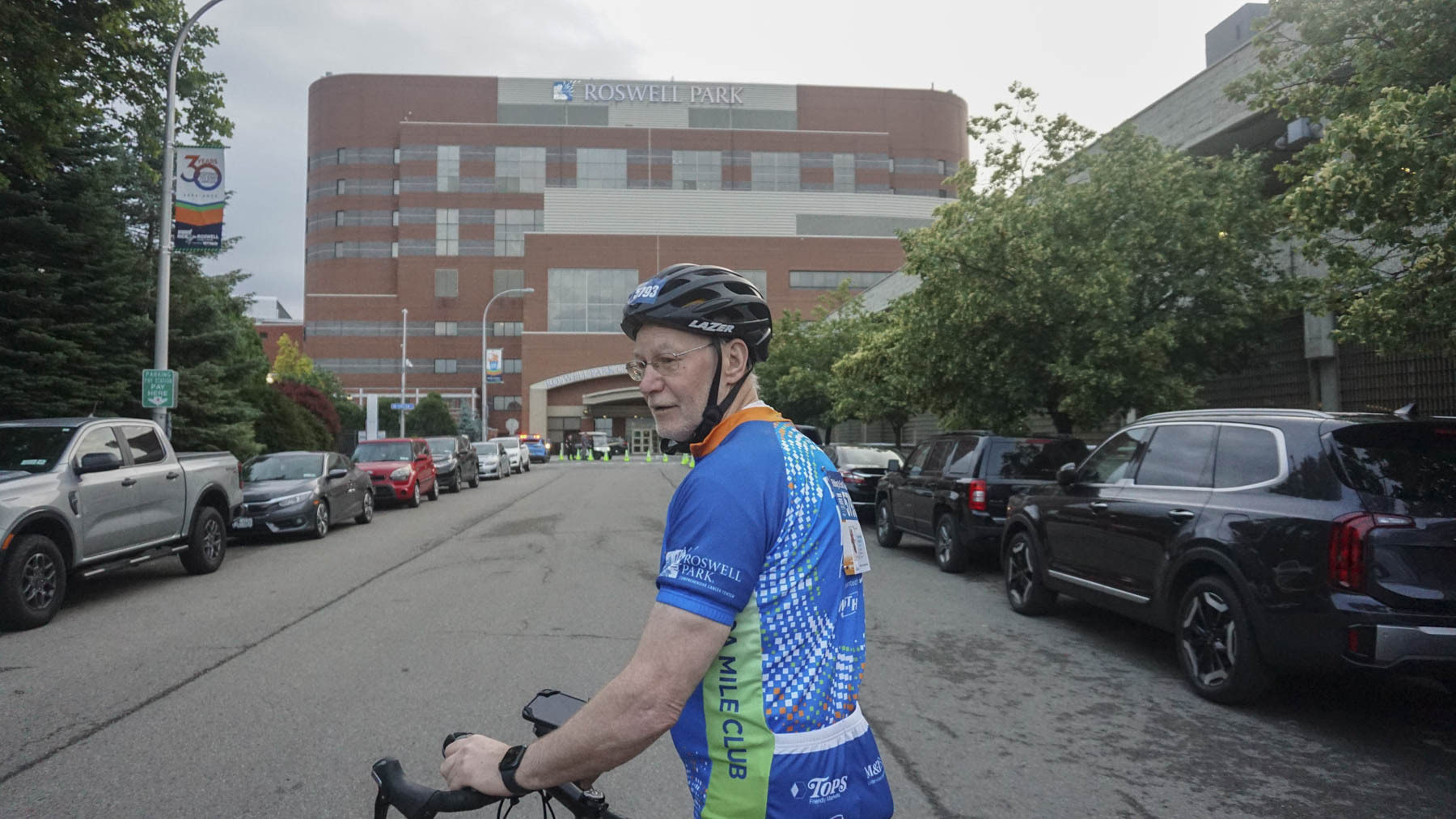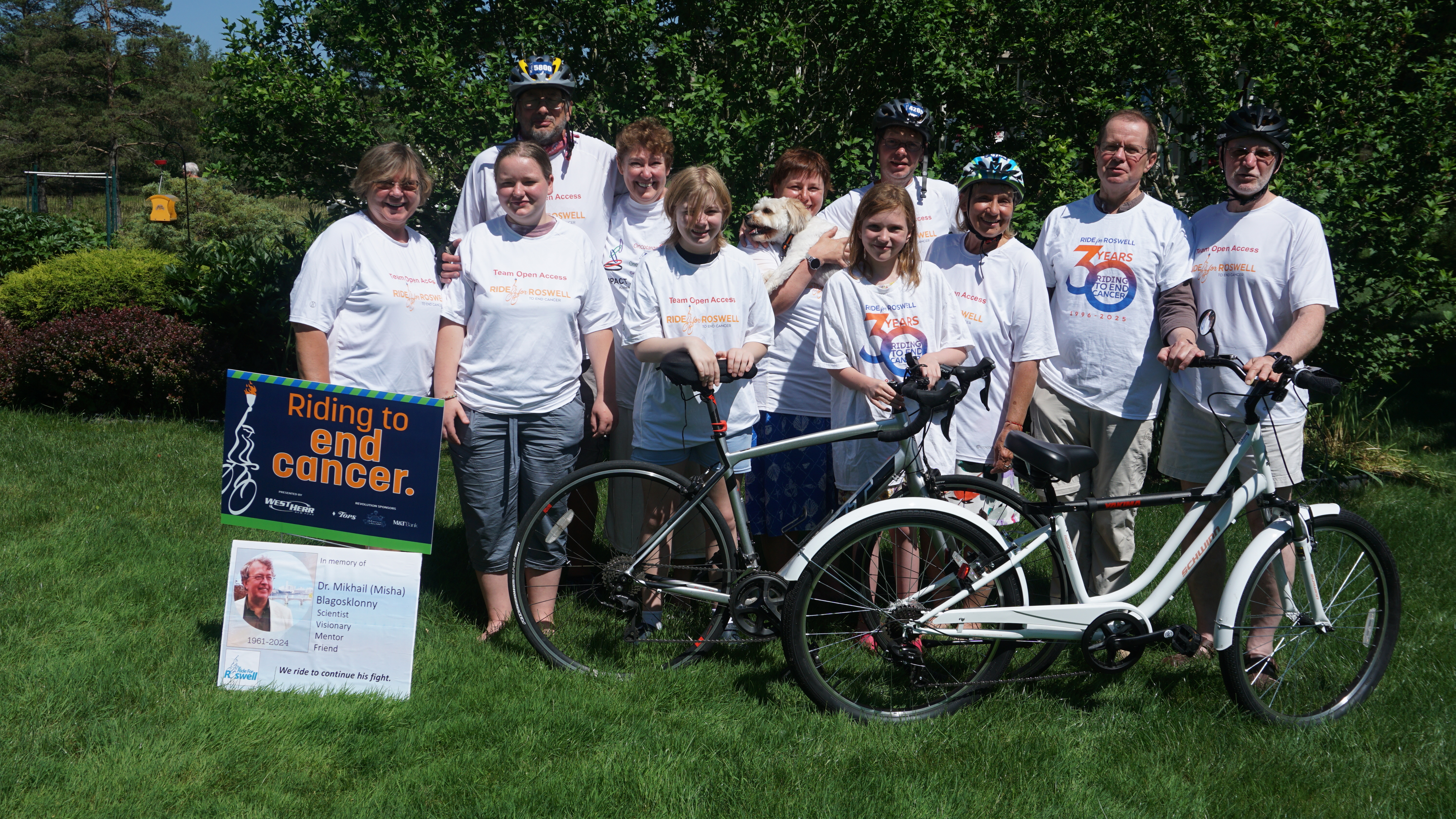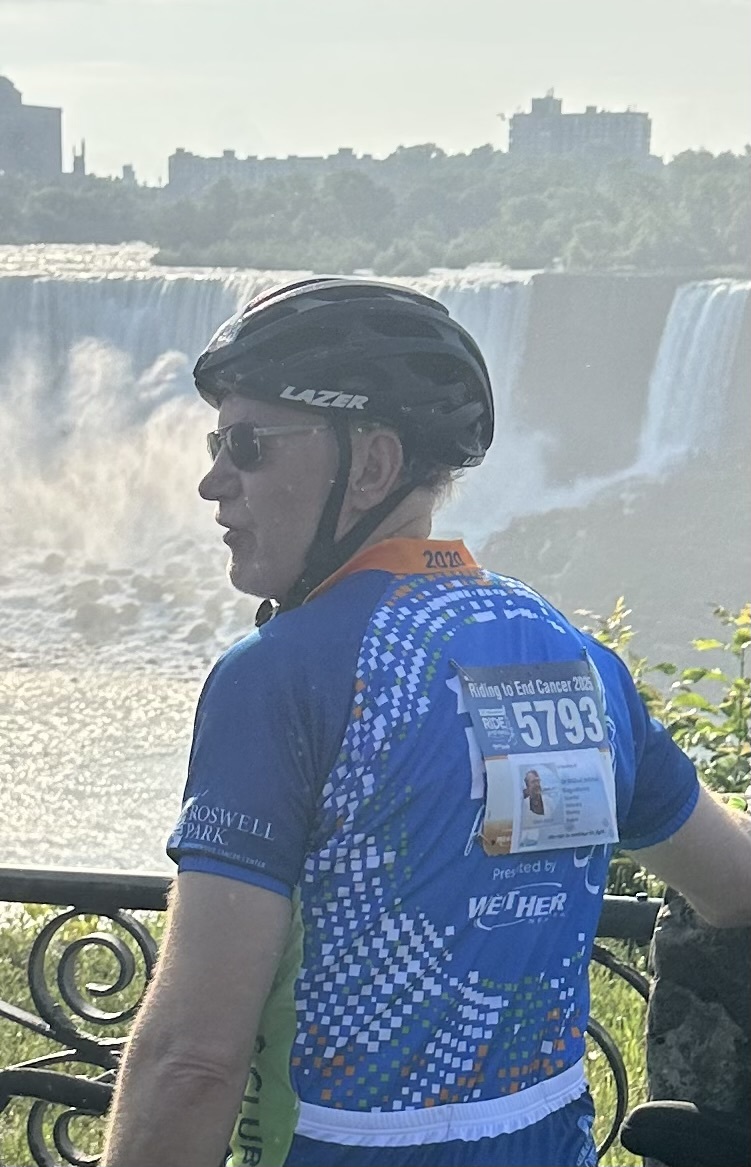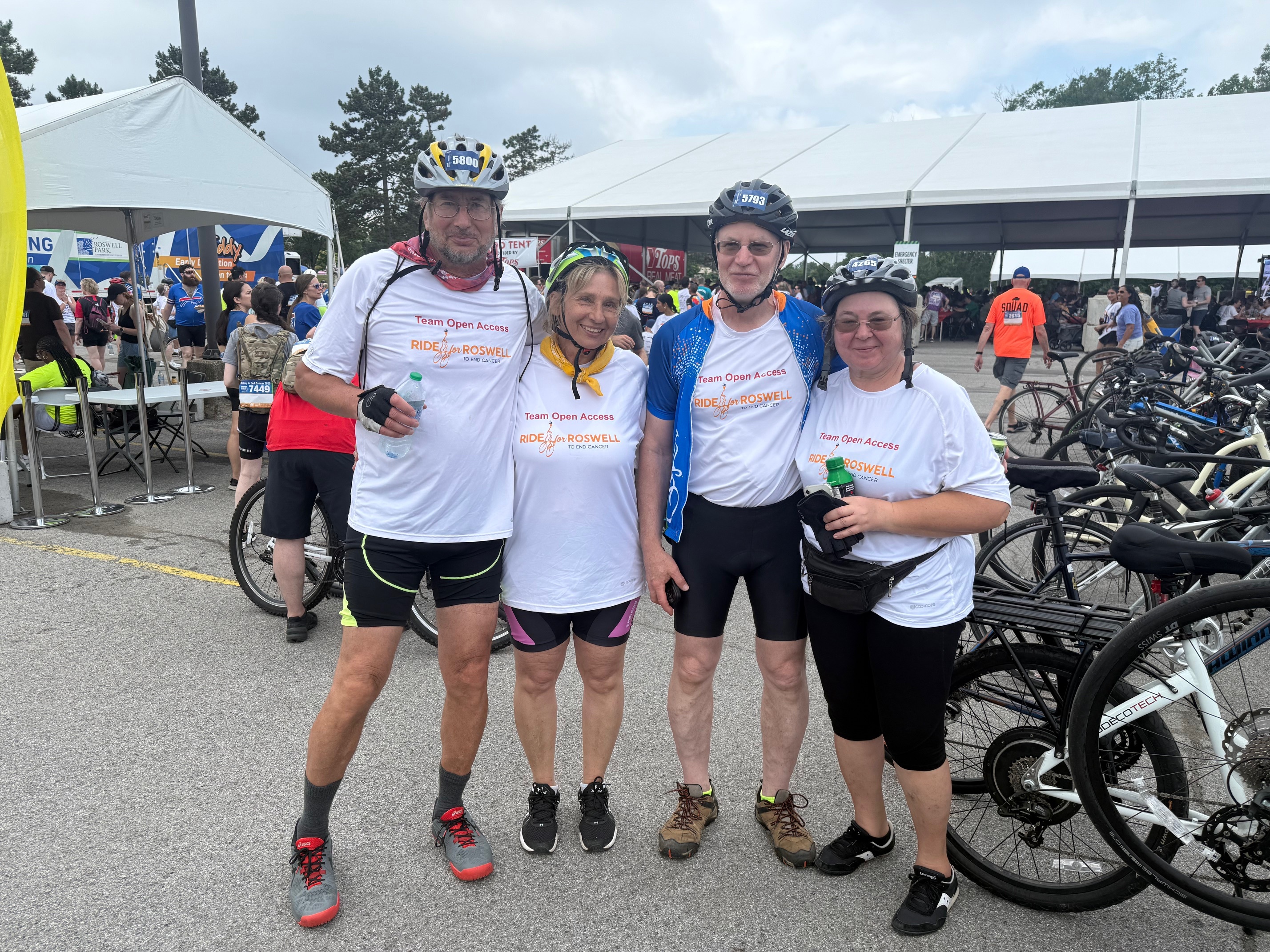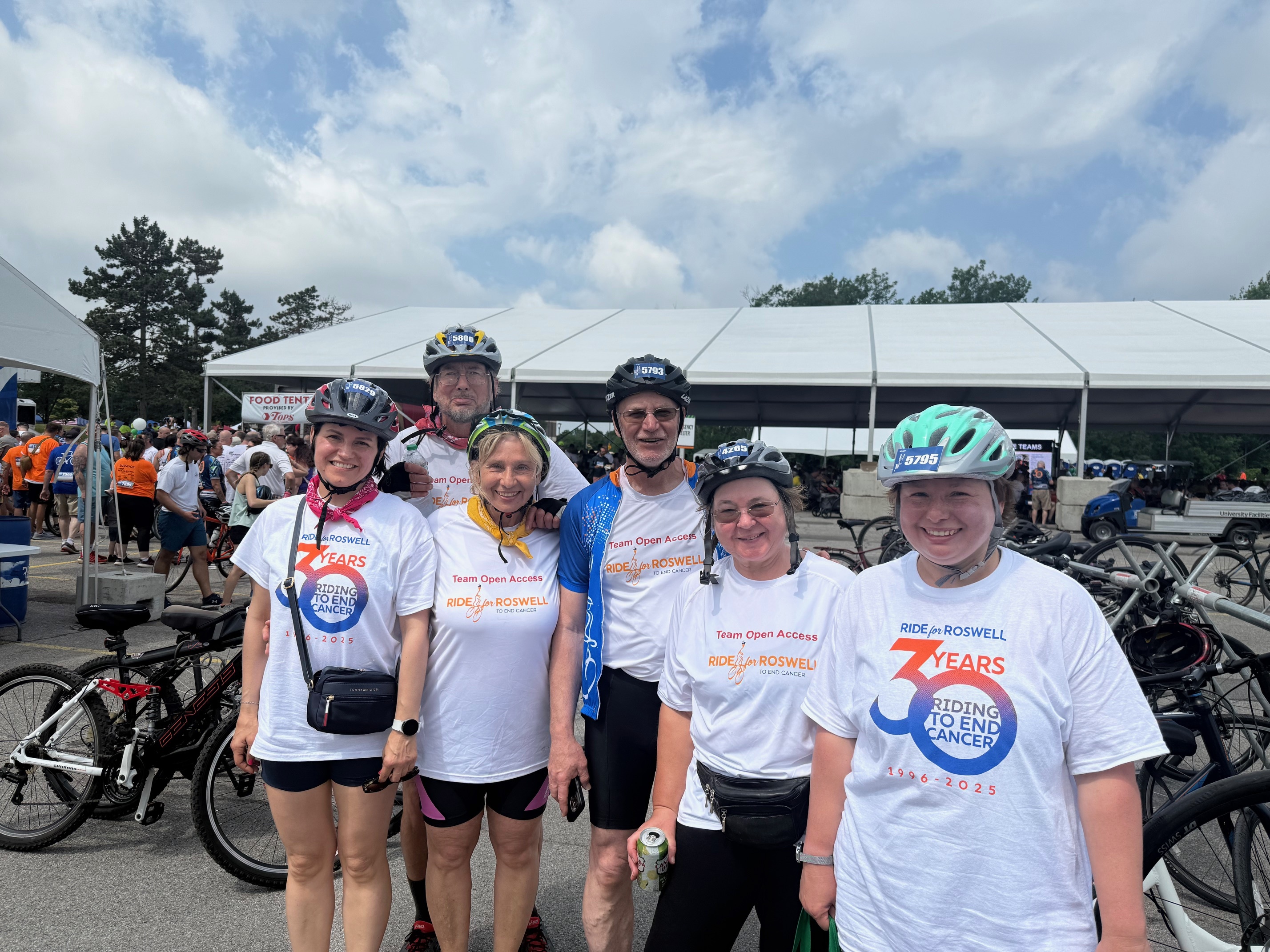Dear colleagues,
With great sadness, I share the news of the passing of Misha Blagosklonny, an extraordinary scientist whose highly original contributions significantly advanced cancer and aging biology research. Roswell was fortunate to have him as a faculty member in the Department of Cell Stress Biology during several exceptionally productive years, during which he published over 100 papers. Misha was also widely known as the founding editor of several prominent peer-reviewed journals, including Cell Cycle, Oncotarget, Oncoscience, and Aging.
He was always a visionary thinker, often ahead of his time, with ideas that pushed the boundaries of our field. Tragically, Misha succumbed to metastatic cancer after about two years of remission following an initial positive response to targeted therapies. Even in his final days, he continued to collaborate actively and creatively with his physicians, as evidenced in his thoughtful posts on X (
https://x.com/blagosklonny?lang=en).
Misha will be remembered as one of the most uniquely gifted oncologists of our time.
For more details about his professional life, please visit:
Dr. Blagosklonny.
Sincerely,
Andrei
Andrei V. Gudkov
PhD, DSci, Professor and Garman Family Chair in Cell Stress Biology, Senior Vice President for Basic Research of Roswell Park Comprehensive Cancer Center (RPCI), Buffalo, NY. His academic degrees in experimental oncology and molecular biology were received in former USSR from National Cancer Center and Moscow State University. He is co-founder and Chief Scientific Officer of Cleveland BioLabs, Inc. and Tartis, Inc. His area of general research interest includes drug discovery, gene discovery, molecular targets for cancer treatment.
Dr. David Sinclair reflects on the life and legacy of Dr. Mikhail (Misha) Blagosklonny in this X thread.
David A.Sinclair
Editor-in-Chief of Aging (Aging-US). Professor of Pathology and Co-Director of the Glenn Laboratories for Aging Research at Harvard Medical School, Boston, MA. Dr. Sinclair obtained a BSc (1st class honors) and a Ph.D. from the University of New South Wales in Sydney, Australia. From 1995-1999, he worked as a postdoctoral researcher with Lenny Guarente at M.I.T. Dr. Sinclair has received awards including The Australian Commonwealth Prize, a Helen Hay Whitney Postdoctoral Award, a Leukemia Society Fellowship, a Ludwig Scholarship, a Harvard-Armenise Fellowship, an American Association for Aging Research Fellowship, and a Fellowship and Senior Scholarship from the Ellison Medical Foundation.
Dr. Wafik S. El-Deiry reflects on his decades-long friendship and collaboration with Dr. Mikhail (Misha) Blagosklonny in a tribute posted on OncoDaily.
This evening, a number of close friends and colleagues came together in Boston for a few hours to remember and pay tribute to Dr. Mikhail Blagosklonny, MD, PhD, who left us a few weeks ago after courageously battling lung cancer with brain metastases for two years.
Misha had a remarkable and rare intellect that impacted on thought in the field of aging and cancer over the last 30 years. His impact on us was not only in science, but also in scientific publishing as well as the way he conducted himself as a humble, thoughtful, and kind human being with a smile on his face.
I was fortunate to know him for almost 30 years since he worked in my laboratory at the University of Pennsylvania and HHMI for a couple of years in the mid 1990’s after coming from NCI where he was a Fogerty Fellow. In the lab, he was creative, gifted as a scientist both intellectually and technically and was intense in his pursuit of answers.
Over the last couple of decades we interacted in our work in scientific publishing (Cancer Biology and Therapy, Cell Cycle, and Oncotarget) and in recent months as one of the physicians who cared for him.
I can say that his knowledge of science and medicine was profound. As this relates to cancer I think he knew more than any of his physicians and came up with strategies that ultimately prolonged his life much longer than would have been expected. Some of this was also due to input by @Dr_R_Kurzrock and later through the @WIN_Consortium MTB where he personally attended the discussion.
It was an honor to know him for the last 3 decades and I for one will miss him and will always remember him. I am proud of what he accomplished, will personally follow through on what he started and achieved with @Oncotarget @OncotargetJrnl, and will honor his legacy.
@oncodaily @OncoAlert @BrownUCancer @theNCI
Wafik S. El-Deiry, MD, PhD, FACP, FRSM
Associate Dean for Oncologic Sciences at the Warren Alpert Medical School and Director of the Legorreta Cancer Center at Brown University and Director of the Joint Program in Cancer Biology at Brown University and affiliated hospitals. He is the Editor in Chief at Oncotarget. Dr. El-Deiry discovered p21(WAF1) as a p53 target gene, cell cycle inhibitor, and tumor suppressor that explained the mammalian cell stress response. Dr. El-Deiry’s research is focused on mechanisms of therapy resistance with major efforts in drug discovery and development.
Barzilai DA. Mikhail ‘Misha’ Blagosklonny’s enduring legacy in geroscience: the hyperfunction theory and the therapeutic potential of rapamycin. Aging (Albany NY). 2025;:17:1-15. doi: 10.18632/aging.206189 [PubMed]
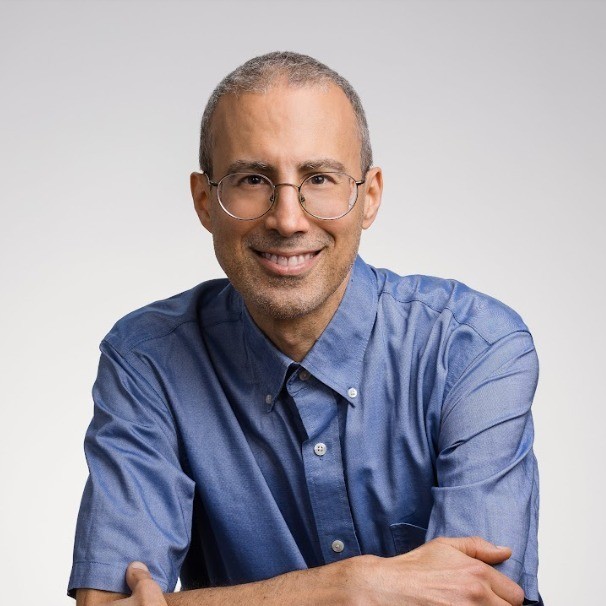
The untimely passing of Dr. Mikhail “Misha” Blagosklonny has left a lasting void in geroscience and oncology. This review examines his profound contributions, focusing on his pioneering the Hyperfunction Theory and his advocacy for rapamycin, an mTOR inhibitor, as a therapeutic agent for lifespan extension. Contrary to traditional damage-centric models, the Hyperfunction Theory rejects damage accumulation as the primary driver of aging. Instead, it redefines aging as a quasi-programmed process driven by the persistent, excessive activity of growth-promoting pathways beyond their developmental roles, leading to age-related pathologies. We explore how Blagosklonny’s insights predict rapamycin’s ability to decelerate aging by modulating excessive mTOR signaling, supported by empirical evidence across multiple physiological systems, including immune, cardiovascular, cognitive, and oncologic health. His forward-thinking approach, advocating for the cautious clinical use of rapamycin and suggesting personalized, preventive, and combination therapy strategies, has catalyzed interest in translational geroscience. This review synthesizes Blagosklonny’s legacy, presenting rapamycin as a foundational pharmacological intervention with potential in managing age-related decline and extending healthspan, and underlines his impact in shifting aging research from theoretical frameworks to actionable interventions. Blagosklonny’s work remains an enduring inspiration, paving the way toward treating aging as a modifiable condition.
FULL TEXT
David Barzilai
Founder and CEO of Barzilai Longevity Consulting (barzilaiconsulting.com) and serves on the academic staff at the Geneva College of Longevity Science. A board-certified physician and a pioneer in longevity and lifestyle medicine, Dr. Barzilai is also a Diplomate of the American Board of Lifestyle Medicine, specializing in healthy lifestyle practices. He earned his MD and PhD in Health Services Research (Department of Epidemiology & Biostatistics) from Case Western Reserve University. Dr. Barzilai completed his Dermatology Residency at The Warren Alpert Medical School of Brown University and holds an MBA from the Isenberg School of Management, UMass Amherst.
Lyu YX, Zhavoronkov A, Scheibye-Knudsen M, Bakula D. Longevity biotechnology: bridging AI, biomarkers, geroscience and clinical applications for healthy longevity. Aging (Albany NY). 2024; 16:12955-12976. doi: 10.18632/aging.206135 [PubMed]
In memory of Judith Campisi and Mikhail Blagosklonny, whose pioneering work laid the foundational stones for this field, we continue to explore the depths of ageing research with a renewed commitment to unraveling the mysteries of longevity. Through this review, we aim to honor their legacy by contributing to the ongoing dialogue and development within the global ageing research community.
FULL TEXT
Alex Zhavoronkov, PhD
Aging-US Editorial Board member. CEO of Insilico Medicine, a company applying latest advances in deep learning to drug discovery and biomarker development headquartered at the Emerging Technology Centers on the campus of the Johns Hopkins University in Baltimore and the CSO of the Biogerontology Research Foundation, a UK-based registered charity supporting aging research worldwide. He is also the director of the International Aging Research Portfolio (IARP), the head of the Regenerative Medicine Laboratory at the Federal Clinical Research Center for Pediatric Hematology, Oncology and Immunology in Russia and is the adjunct professor of the Moscow Institute of Physics and Technology. He holds two Bachelor Degrees from Queen’s University, a Masters in Biotechnology from Johns Hopkins University, and a Ph.D. in Biophysics from the Moscow State University. He is co-organizing the Annual International Aging Research for Drug Discovery forum in Basel, Switzerland.
My Dear Friends and Supporters,
For the last 10 years, I have continuously participated in the Ride for Roswell in honor of those who have bravely fought cancer. This journey is deeply personal for me. My father battled cancer, and some of my closest friends have fought through prostate and lung cancer with incredible strength. Their resilience, courage, and determination have shaped my understanding of what it truly means to fight—and win—against this disease.
This year, I am joining the fight against cancer in honor of our friend, Dr. Mikhail (Misha) Blagosklonny, a brilliant scientist and a person who fought this disease for many years. As the founder of Oncotarget and Aging journals, he dedicated his life to advancing cancer and aging research while championing open-access science. His visionary work on mTOR signaling and rapamycin has transformed our understanding of cancer treatment and longevity. Through his leadership, he ensured that scientific discoveries were accessible to all, empowering researchers and clinicians to push the boundaries of medicine.
I am honored to ride in the Ride for Roswell, alongside the Open Access Team, a group committed to supporting cancer research and patient care. This ride is more than just a journey on two wheels — it's a commitment to creating a world where no one has to fear a cancer diagnosis. Please consider supporting this cause, so together, we can make a difference and honor Dr. Blagosklonny's extraordinary legacy. I ride not only to advance cancer research but to celebrate the man who shaped so many possibilities for the future.
By supporting cancer research and embracing healthy lifestyle choices, we can all play a role in reducing of this disease.
Thank you so much for your donations, your support, and well wishes!
Sergei
Sergei Kurenov, MS
Former Director of Surgical Simulation in the Department of Surgical Oncology at Roswell Park Comprehensive Cancer Center
